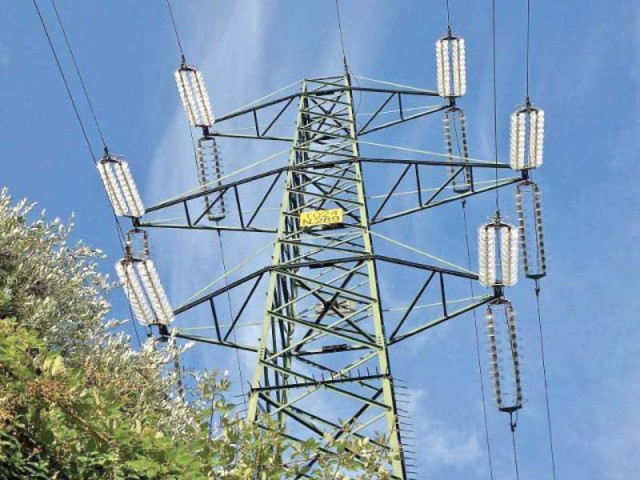Concern over energy inefficiency
Businessmen demand strict measures, advanced meters to control losses

As Pakistan’s energy crisis worsens, businessmen are concerned about the alarming cost of inefficiencies in the power sector and demanded drastic measures to revamp the sector. Pakistan Industrial and Traders Association Front (PIAF) stressed the need for overhauling the power sector through some drastic measures as the total cost of inefficiencies was estimated at a whopping Rs9.6 trillion during the last one and a half decade.
In a statement on Saturday, PIAF Chairman Faheemur Rehman Saigol stated that the circular debt crossed Rs4 trillion after an addition of Rs400 billion during the current fiscal year. “In the present scenario, energy efficiency and conservation are the key measures taken by countries across the globe to mitigate the associated risks. However, in the case of Pakistan, both energy efficiency and conservation are generally treated as alien concepts,” he stated.
Circular debt in Pakistan’s power sector has reached Rs4 trillion, according to Power Division Secretary Rashid Mehmood’s revelation during a Supreme Court (SC) hearing. This is in stark contrast with the Power Division’s previous claims that the debt stock stood at less than Rs2.6 trillion. Ministry of Water Resources Secretary Hassan Nasir Jamy has requested for the release of overdue payments of Rs250 billion for hydropower projects, stating that well-coordinated power evacuation plans must be drawn up in sync with completion schedules of mega projects like Diamer-Bhasha Dam (DBDP), Mohmand Dam (MHPD) and Dasu Hydropower Project.
“They may have included some expenses that were not considered while estimating the energy circular debt,” said Arif Habib Limited Head of Research Tahir Abbas. Circular debt was Rs2.6 trillion and after the fresh loss of Rs400 billion it might have reached Rs3 trillion, however, “we cannot comment until the court gives its final decision,” he added. “Pakistan’s circular debt is both short- and long-term problem that is harming the economy,” Abbas remarked.
Since 2013, “we have been adding capacity by persuading companies that they will get payments against capacity addition regardless of whether the electricity is sold or not. “This condition may have been the ground realty of that time when the country needed more capacity and this was the only way of gaining investors’ confidence but now the policy should be revisited.” Capacity payment is fixed while the energy price varies. Imported fuel is another reason for the circular debt. Besides, all payments including the capacity payments are linked to the US dollar. As a result, when the rupee loses value, the burden of circular debt rises.
Besides, transmission losses and bill recovery failure are contributing to the liability as the GDP rate decreases with the increase in cost of electricity. PIAF chairman pointed out some key areas that should be taken up for action as a national priority. These include up-gradation of energy efficiency and conservation standards, replacement of inefficient appliances and consumer awareness for responsible use of energy. He estimated that dollar outflow of around $1.25 billion could be potentially saved annually through the implementation of efficiency and conservation measures. He emphasised that theft and line losses should be addressed through advanced metering and cabling, citing that line losses ran as high as 9% over and above the percentage allowed by the National Electric Power Regulatory Authority (Nepra).
Pakistan’s economy has been affected by external conditions like spill-over of the Ukraine war, domestic challenges and accommodative policies that resulted in uneven and unbalanced growth. Steadfast implementation of corrective policies and reforms remain essential to regain macroeconomic stability, address imbalances and lay the foundation for inclusive and sustainable growth, PIAF chairman recommended. “The sector needs to be deregulated, as nothing can work unless DISCOs are truly empowered,” Saigol suggested.



















COMMENTS
Comments are moderated and generally will be posted if they are on-topic and not abusive.
For more information, please see our Comments FAQ